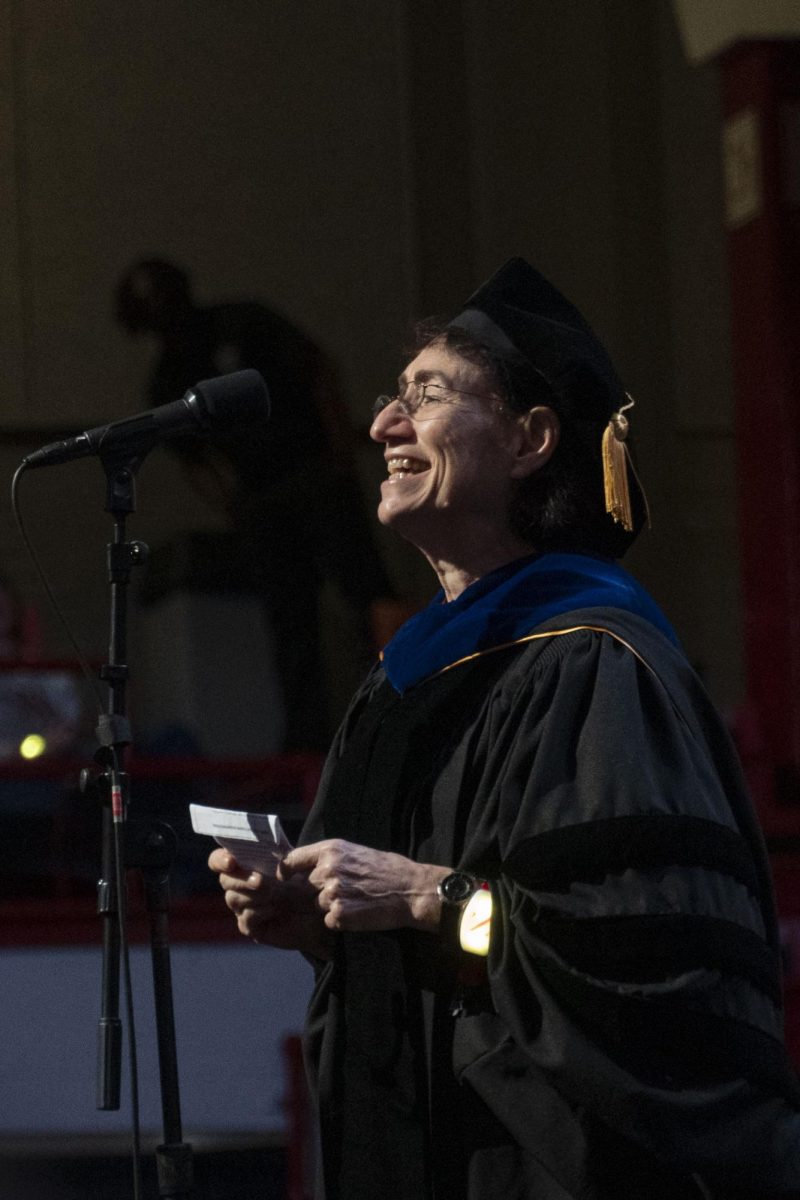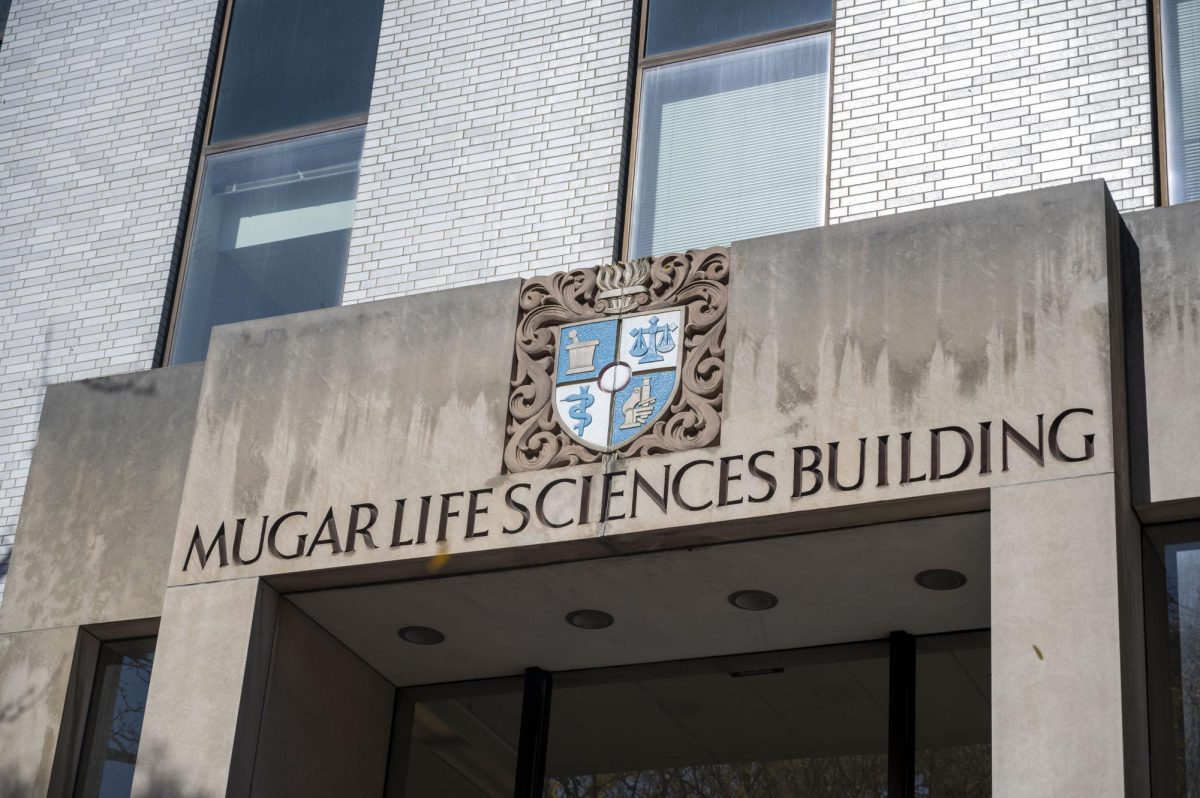By Stephanie Vosk
The Faculty Senate passed a three-part resolution Monday that takes another step towards the university’s quest for top 100 status.
In the first part of the resolution, the financial affairs committee requested that the faculty be awarded a merit-based four percent salary increase for the 2003-2004 academic year. The award is based on an expected two percent inflation in addition to another two percent to provide faculty with actual salary increase.
In the second part of the resolution, the committee urged the president and the board of trustees to adopt a salary increase that would move the faculty salaries to a competitive level among category one private schools.
The third part requested that the office of the provost report to the faculty senate on its progress for seeking matchmates.
“We have to accept, and do accept President Freeland’s challenge to achieve excellence in all that we do,” said Associate Professor of Political Science Bruce Wallin.
According to US News, in 1996, Northeastern was rated 138th overall, with its 96th ranking for faculty resources the best of its categories. In 2003, with the university ranked overall at 142nd, the faculty resource rate has dropped to be its worst ranking category at 196th.
In addition to the proposed resolutions, Senior Vice President and Provost Ahmed Abdelal detailed four areas of attention directed towards the university’s budget. Abdelal said that the budget should be used for faculty salaries, new faculty lines, enhancing operational lines and an unmet demand budget. He said there are many areas of pressure to identify, and it is in our interest to respond to it. Abdelal hopes to establish priorities on a college by college basis.
The senate also held open discussion about University College’s decision to continue on the quarter system instead of transitioning to semesters.
In the beginning of fall 2003 Northeastern University will be switching to a semester calendar. It will then experience a period of transition that Abdelal said will last for a number of years.
“The experience for many institutions is that it takes more than one year,” Abdelal said.
He defines the transition year as the years that the university will house students admitted under the quarter system, until they graduate.
The senate is also concerned with the loss of overall revenue that will result from accelerated graduation for a number of students.
“A significant number of four hour quarter courses will satisfy the requirements of four hour semester courses,” Abdelal said, “Graduating seniors, we now have reason to think, are going to graduate faster than anticipated. There isn’t really anything we can do to alter that picture.”








